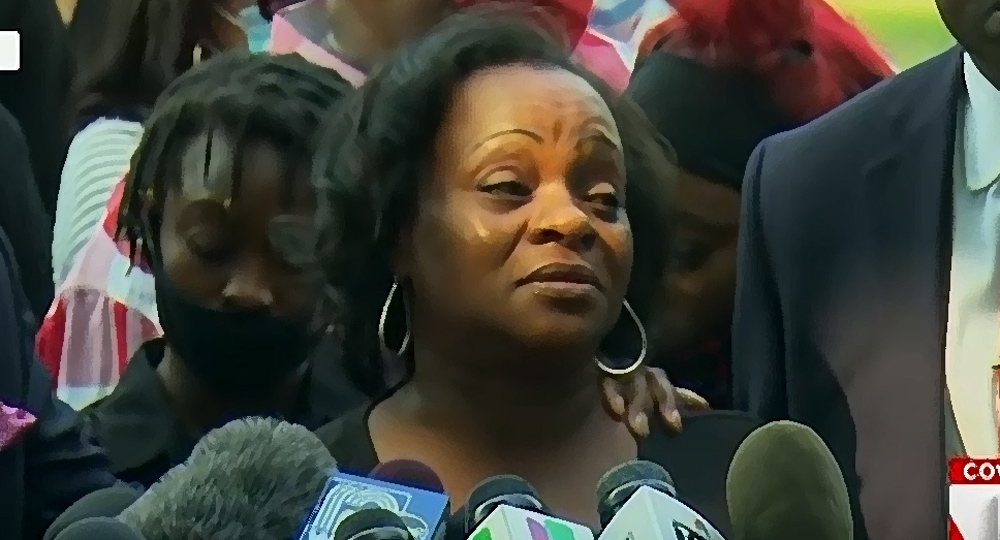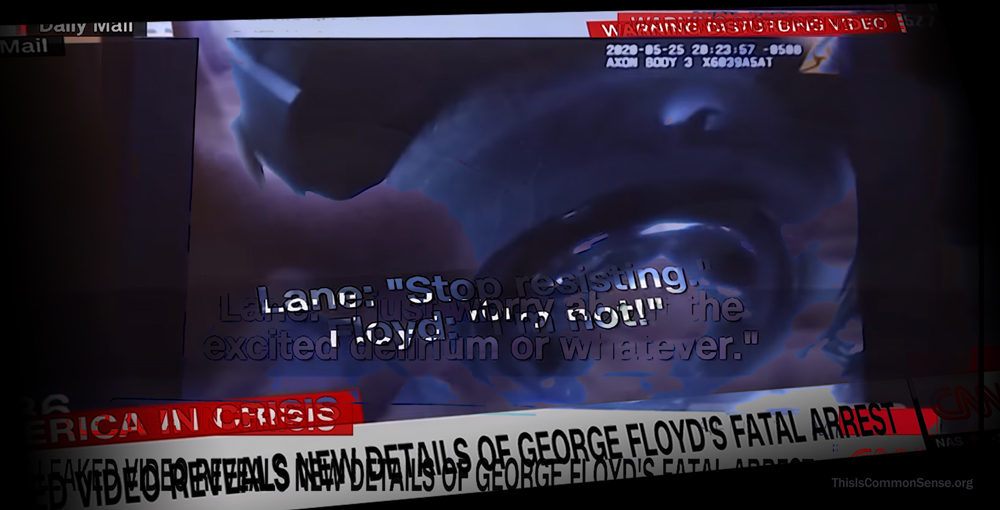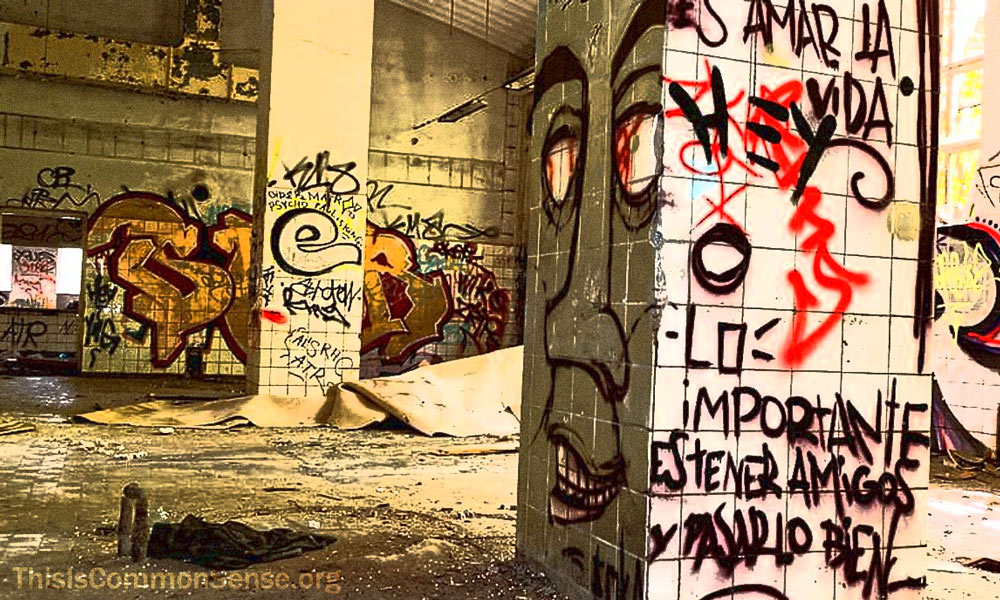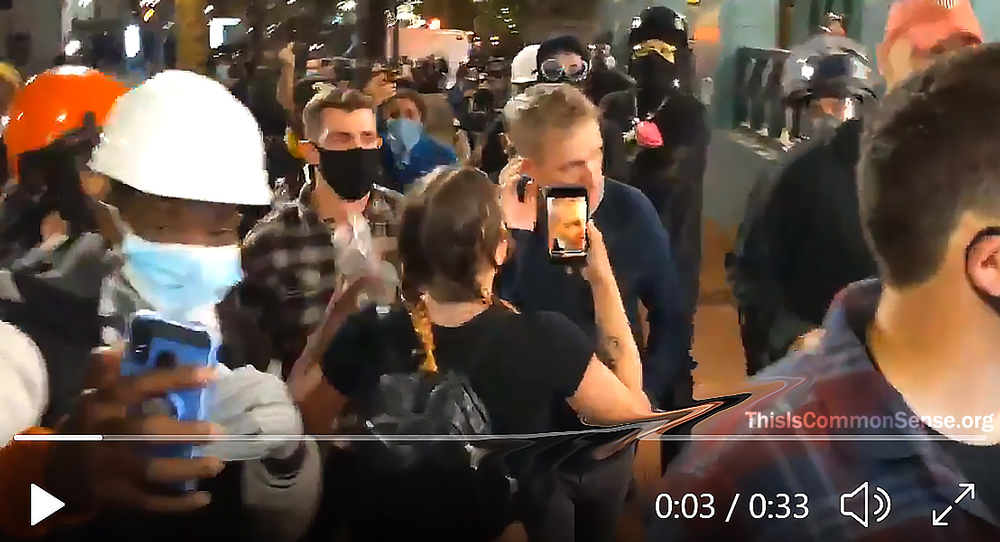“They shot my son seven times — seven times — like he didn’t matter,” explained a choked-up Jacob Blake, Sr., at a news conference after his son was shot and paralyzed by Kenosha police. “But my son matters. He’s a human being and he matters.”
On Sunday, Kenosha police were called to a domestic disturbance. Attending his three-year-old’s birthday party in the same neighborhood, Jacob Blake, Jr., was reportedly “trying to break up the argument” between two women. Police have provided scant details, but two cell-phone videos made public show Blake wrestling with police on the passenger side of his vehicle and then walking around to the driver’s side followed by police with their guns drawn. As Blake starts to get into the driver’s seat, an officer grabs Blake’s shirt and then fires seven shots at close range into his back.
The Washington Post labeled it “the latest incident this summer to … divide a nation over the urgency of bringing fundamental change to law enforcement.”
But we are not so divided. Not on criminal justice reform, which whopping majorities across all races and political parties fervently support.
“The only response worthy of the moment is laws,” argued Rev. Al Sharpton. I’m with him. Let’s legally toss chokeholds, no-knock raids, qualified immunity, civil forfeiture, and police unions … along with their contracts hiding misconduct from the public.
Americans of all races are also united, not divided, in opposing the violence and destruction by rioters in Kenosha and Minneapolis and Portland and elsewhere.
“As I was riding through the city, I noticed a lot of damage,” Blake’s mother, Julia Jackson, told the media. “It doesn’t reflect my son. Or my family. If Jacob knew what was going on … the violence and the destruction, he would be very unpleased.”
“Take a moment,” she urged, “and examine your heart.”
She continued, “Clearly, you can see by now that I have beautiful brown skin. But take a look at your hand and whatever shade it is, it is beautiful as well.”
In calling for healing, she declared, “I am not talking to just Caucasian people; I am talking to everyone.”
I hope everyone is listening.
This is Common Sense. I’m Paul Jacob.
—
See all recent commentary
(simplified and organized)





